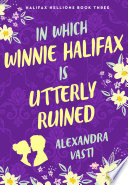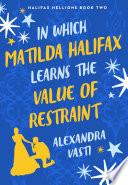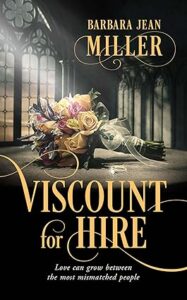
Reg. readers are well aware of the popularity of gaming in London among gentlemen. Whether it was putting on the books some lark bet between members of a club, or travelling to the hells for a treacherous evening with sharps and flats, gambling oft is a featured vice in Reg. rom.
In a contemporary account of the murder of William Weare, the author starts with a preamble taking to task the gambling habits of the Ton:
After waxing poetry on gambling vices for several pages, the author reveals the primary gaming hells in the West End (1824):
Next, the author details the process of entree into these dens of iniquity:
We also are treated to a thorough account of the “dandy” hell and the rack and ruin visited on one of the Pinks of the Pink:
In addition to further sketches of assorted gaming houses, the author also describes various stories of ruin, including suicide and murder, visited upon those embroiled in vice. The thorough account of William Weare’s murder, which “excited an unparalleled interest among all ranks of persons” (Barnard, 1823) and resulted in a flurry of published accounts, included a call to action by government and the populace. There also is a send up of phrenology:
On the whole, the account of the murder of William Weare must give Reg Rom readers and writers pause. While its all very well to feature gaming, it should never overshadow the very serious consequences of gambling addiction. The Regency era may not have been blessed with advanced study in addiction, but there is evidently a concern among literate populations about the impact gaming can have on individuals and families.
On a less serious note, it was a funny discovery to note that even in the most political and grim accounts poetry still serves to provide context. This, perhaps even more than descriptions of the West End hells, gives us a true sense of the cultural life where even the underbelly is immortalized by prose.












Fascinating! Thank you for the article.
Excelent article. Thanks so much for posting it. I tweeted.